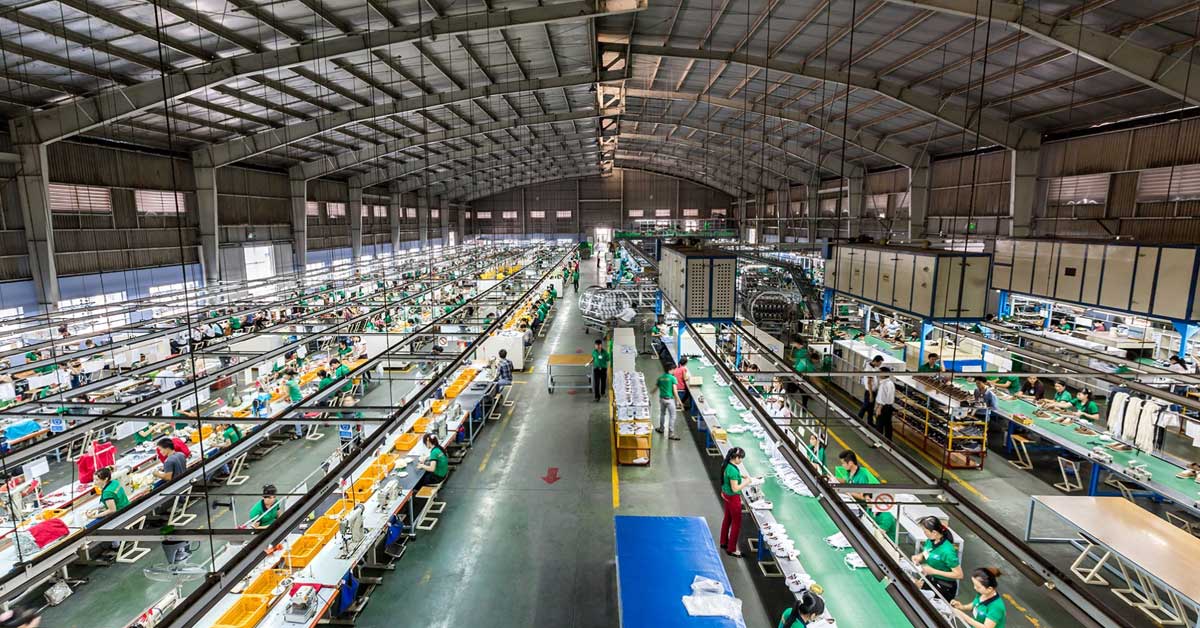Alternatives to China
Opportunities for Amazon sellers in Vietnam
Vietnam provides immense opportunities for Amazon sellers and it should be considered as an alternative country for sourcing their private label products.
More and more companies are setting up offices and moving production to Vietnam as the cost of doing business in China increases and Vietnam labor costs are significantly lower.
Vietnam provides immense opportunities for Amazon sellers and it should be considered as an alternative country for sourcing their private label products.
Country specializations:
– Apparel
– Home textiles
– Luggage and bags
– Furniture
– Packaging and Printing
– Wood products
Private Label Products & Vietnam
A great aspect for Amazon sellers with private label products is Vietnam’s low labor costs. Labor in Vietnam cost significantly lower than other major manufacturing hubs around the world. For Amazon sellers and their private labels, operational upkeep in Vietnam is around twenty percent less than China.
There are many established manufacturers, factories and wholesalers available to Amazon sellers in Vietnam. In fact, at the Global Sources Amazon Sellers’ Summit in Hong Kong in April 2017, Vietnam wholesalers and factories maintained an entire section. Vietnam offers Amazon sellers many choices in manufacturers.
Amazon Sellers with Private Labels Can Own Interests in their Factories
Unlike many countries where foreigners cannot own factories or have to pay exorbitant costs to establish local entities, the reforms that Vietnam instituted allow Amazon sellers the possibility of owning property or shares in Vietnamese companies. Amazon sellers with private labels can, fairly easily, own or invest in their factories.
Other facets of fiscal advantages include the country’s corporate income tax (which sits around twenty percent), the low cost of social welfare for workers in terms of their relative salary and last but not least – the country’s bilateral double tax agreements.


